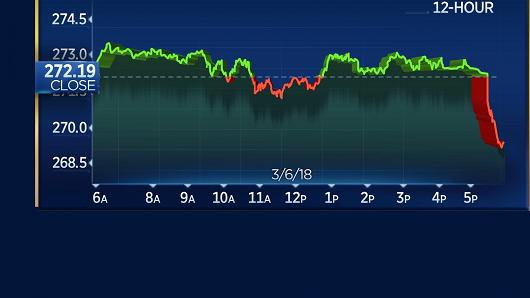The Central Bank of Nigeria (CBN) held an open market operation (OMO) bill auction on Wednesday, but it was a complete failure since international portfolio investors were not interested in the bids made by the top bank in the primary market.
Nigeria has recently experienced massive foreign investor inflows into its Treasury bills and OMO instruments because of the country’s high spot rate pricing. According to the most recent data, the rate of inflation increased to 34.19%, further weakening the already dire macroeconomic indices.
The International Monetary Fund lowered its growth projections for the nation as well, and the naira is still weak in the foreign exchange market. Investors are seeking inflation-protected investment options to protect wealth, but the pattern showed that the apex bank has slowed down spot rate pricing at the main auctions.
Authorized dealers, banks, and other market participants received N39 billion in subscriptions at the auction, far below the amount Apex Bank offered for sales on Wednesday.
At the OMO auction, the CBN offered N150.00 billion across 3 tenors, the standard maturities. However, demand was very weak as total subscriptions stood at N39.00 billion, only occurring at the long end, according to CardinalStone Partners Limited.
The investment firm said in an email note sent to investors that the OMO auction was concluded without any sale. Following this, market participants redirected funds toward Nigerian Treasury bills in the secondary market.
Thus, the average mid-rate across the benchmark Nigerian Treasury bills papers declined by 9 basis points to 22.09%. Analysts expect CBN to continue its indirect intervention in the FX market, using OMO Bills sales to address liquidity issues.
In June, the CBN sold ₦1.77 trillion in OMO auctions. The Apex Bank conducted four auctions in June. The first two OMO auctions witnessed oversubscription at ₦1.51 trillion despite ₦750.00 billion offered while the CBN sold ₦1.50 trillion.
The CBN had no sale at the third auction in June while selling ₦264.33 billion at the final auction in the month. Weak demand for OMO bills in the primary market signals a negative perception about naira assets.
At the same time, liquidity levels in the financial system remained depressed, causing funding rates to climb further. Foreign and local investors weighted the impacts of inflation on their portfolio returns, which triggered risk-off sentiment.












